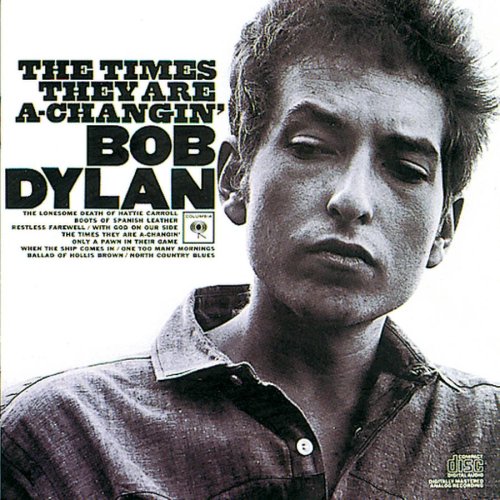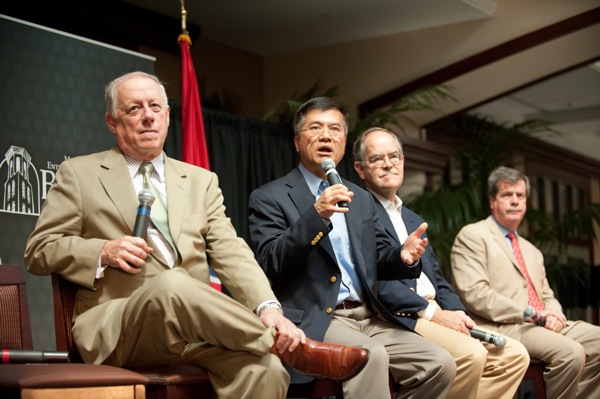According to the Duke University’s student newspaper, The Chronicle, the university is boosting its efforts to protect students against lawsuits brought by the Recording Industry Association of America.
Videos by American Songwriter
 According to the Duke University’s student newspaper, The Chronicle, the university is boosting its efforts to protect students against lawsuits brought by the Recording Industry Association of America. In the past year alone, over 1,000 students have received copyright infringement notices from the RIAA, and from these, 40 letters have been pre-litigation, 21 have been settlement offers, and eight have been subpoenas. In addition, the RIAA has filed three civil lawsuits against Duke University students this fall for sharing copyrighted material. In response to the high number of notices, the university’s Office of Student Affairs will now require the RIAA to provide evidence that a student facilitated a third-party download before it will deliver a pre-litigation notice to the student in question.
According to the Duke University’s student newspaper, The Chronicle, the university is boosting its efforts to protect students against lawsuits brought by the Recording Industry Association of America. In the past year alone, over 1,000 students have received copyright infringement notices from the RIAA, and from these, 40 letters have been pre-litigation, 21 have been settlement offers, and eight have been subpoenas. In addition, the RIAA has filed three civil lawsuits against Duke University students this fall for sharing copyrighted material. In response to the high number of notices, the university’s Office of Student Affairs will now require the RIAA to provide evidence that a student facilitated a third-party download before it will deliver a pre-litigation notice to the student in question.
According to Larry Moneta, Vice President for Student Affairs, Duke will “start requiring evidence that someone actually downloaded from that student,” and “If the RIAA can’t prove that actual illegal behavior occurred, then we’re not going to comply.” Moneta further stated that the new policy should be in effect before the end of the semester.
The previous policy of distributing all RIAA notices to university students may have exposed them to false claims of infringement. As Duke Professor of Computer Science, Owen Astrachan, noted, “The RIAA’s current policing software can generate false positives that wrongly implicate users for illegal downloads.” Under this situation, The RIAA may unfairly bully students into settling, rather than facing an uncertain and costly court battle. When this new policy takes effect, however, students receiving pre-litigation letters will have to stage a viable defense, no longer able to rely on the RIAA’s questionable copyright infringement policing methods.













Leave a Reply
Only members can comment. Become a member. Already a member? Log in.